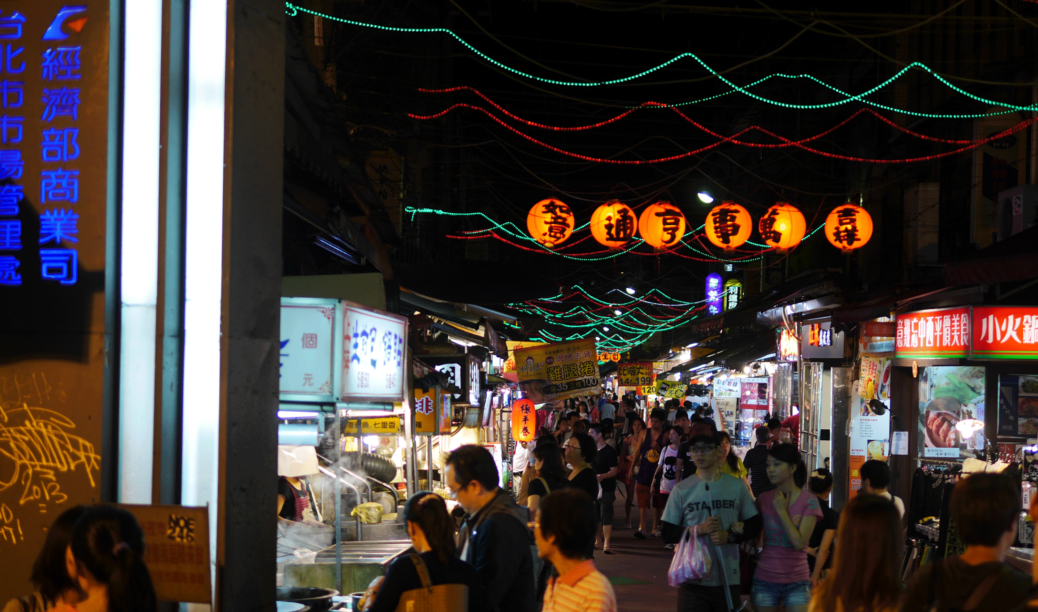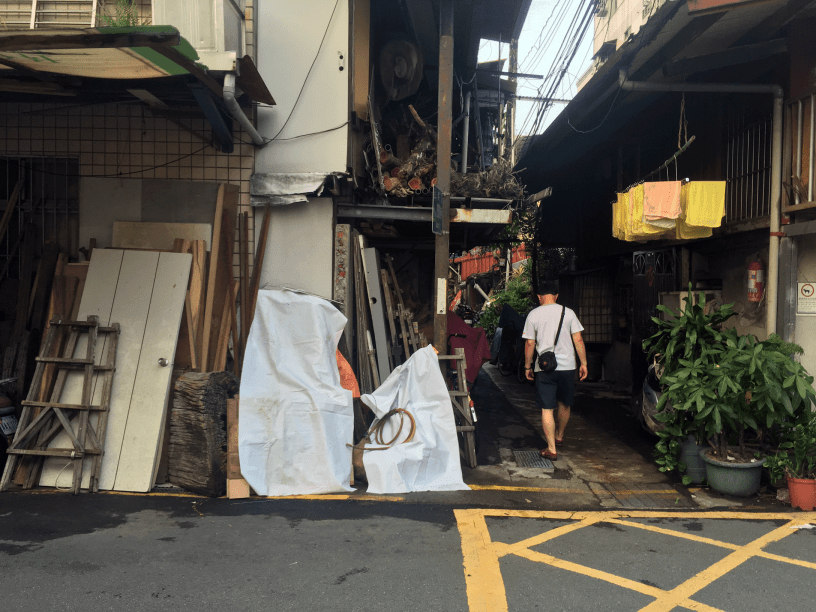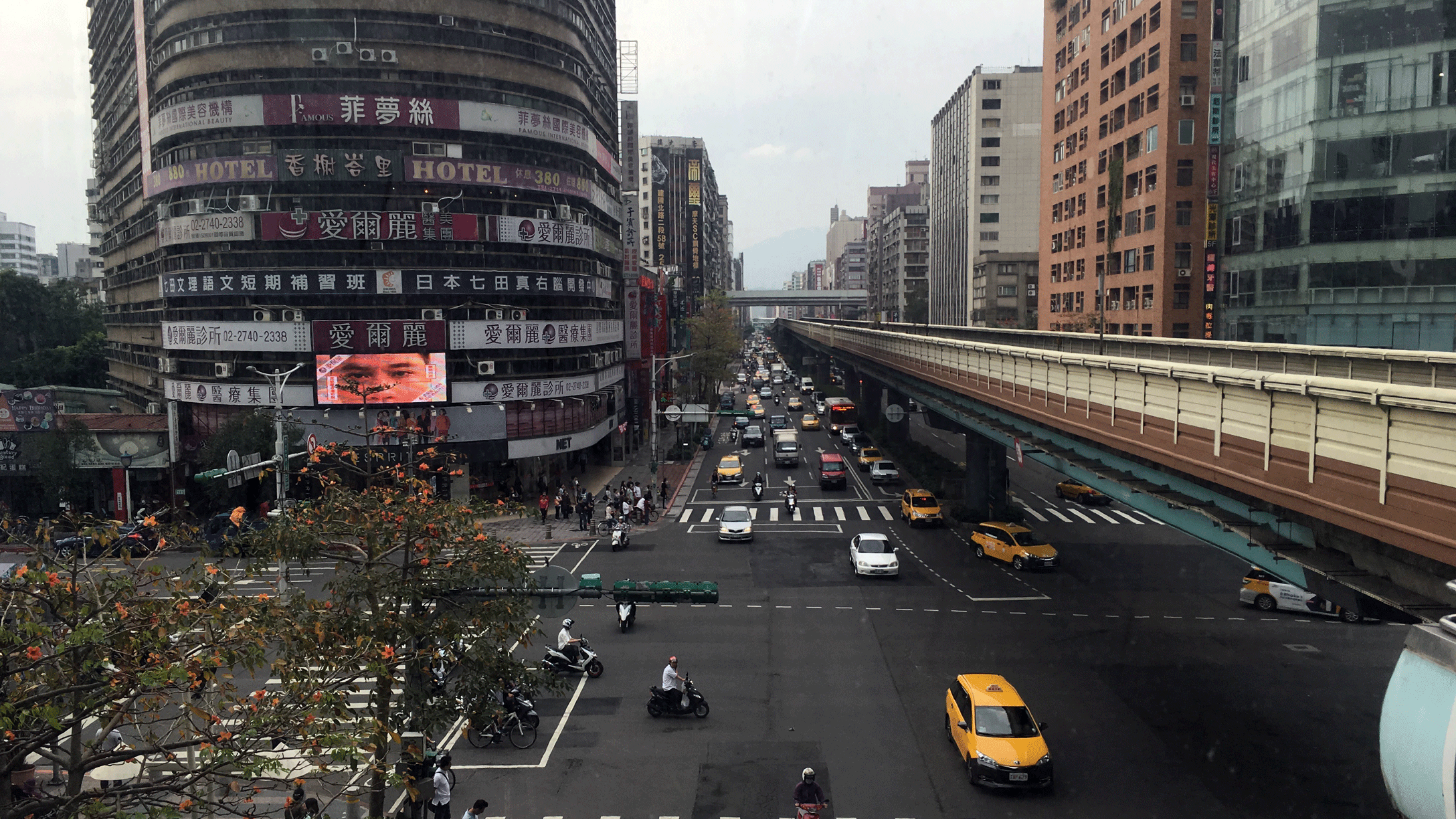There are many things I’ve outlasted in three years of living in this neighborhood.
Some of the stores I used to pass by on a daily basis when I first moved in have become new stores; others are now empty storefronts—like my favorite dive bar, still empty close to half a year after it closed. Or worse, they’ve become crane claw machine stores.
And there also friends living in the area who’ve also gone, having moved away to other neighborhoods, cities, or countries. Strangers I used to see on a daily basis; now I don’t. That includes many dogs and cats. And one friend is gone, not because he moved away, but because he died last month. He was in his seventies. He seems to have spent several decades living here.
And soon it’ll be me who disappears from the neighborhood. Maybe some will remember that I used to live here: Whatever happened to that guy who seemed to always be eating out of the same 7/11, perpetually ordering coffee at strange hours of the night?

It’s hard not to have a love-hate relationship with Daan, the neighborhood where I’ve lived for the last three years. It’s Taipei’s wealthiest district in what is already the wealthiest city in the country. I’m now moving to the historically poorest district in Taipei.
Given its wealth, it’s not surprising that Daan tends to be conservative. In the weeks after a national referendum held last November, I was constantly feeling disgusted at the local residents; wealthy church groups from Daan had been among those most active in campaigns against gay marriage, which was voted down.

The right wing here seems to have a pretty firm grip on power. The Kuomintang ran many of its younger, more promising candidates here during the last set of elections, perhaps hoping to groom them for future power, and realizing that they stood a good chance of winning in Daan.


Still, there’s some hope. Taipei’s first two openly lesbian city councilors were elected here last year, so not quite everyone here is right wing and anti-LGBTQ. But I remember being struck by a comment that one of them made to me when I interviewed her—that Daan residents, even if they did harbor progressive values, were people who would primarily regard you from a cold distance, maybe looking down on you from a high-rise, and who didn’t like to be bothered.
I’ve only been here a few years, but a good friend who’s spent all of her life living here commented that this statement which really got at the character of Daan people. As an area without warmth. Yet even here, as everywhere, there are always the outsiders and the disenfranchised. And unless you look for them, the indelible traces of history—even a bloodstained, oppressive history—just blend into the everyday. But they are there.


Just a stone’s throw from Taipei 101 and all these luxury high-rise skyscrapers, you’ve got a military dependents’ village, for example, full of impoverished veterans who came over with the Kuomintang who fled to Taiwan from China. Even when these veterans may have sacrificed everything they had fighting for the Kuomintang during the Chinese Civil War, when they got to Taiwan, they were generally abandoned by the Kuomintang and left to rot in dilapidated housing. Many of them stayed permanently. And even then, after decades of living in the same location, they would sometimes face eviction from commercial interests hoping to redevelop their land working with local—often Kuomintang—politicians.
Even I didn’t know about this village for years after moving here, despite living about five minutes’ walk from it. That’s the terrifying thing about the urban sprawl: The many things you’ll remain entirely unaware of unless you go out of your way to look for them.
That’s true of the Liuzhangli Public Cemetery as well, which is also within walking distance from where I live. The Liuzhangli Public Cemetery is where the Kuomintang buried many of those it executed during the White Terror. These burial sites were only discovered in the 1990s. Today, 60% of the bodies still remain unclaimed and the graves are visited by few aside from relatives of the deceased, and researchers.
Few commemorations for the dead take place and, for the most part, local residents go about their lives blissfully unaware of the traces of violent history all around them. Economic interest may be partly responsible: If people began to be more self-conscious of all the dead bodies, they might begin to worry about ghosts, which would drive down property prices, as commonly occurs in areas thought to be haunted. And Daan has some of the highest real estate prices in all of Taiwan.

I see the same stall owners in the Tonghua night market almost every day. Because many of them live in the immediate vicinity, I pass by their houses and see them preparing for the night during the day. I can usually recognize them because of the carts parked outside of their apartments.

I’m sometimes struck by the age of some of the stall owners. Some seem to have been at it for decades. There’s one man in particular, an ancient looking man, whose only ware is a large pile of socks he puts on the ground on a mat. I wonder what it must be like to make a living selling socks at that age. Another middle-aged man in the night market wears cat ears at his stall to attract customers. I wonder if he feels no sense of embarrassment at wearing cat ears daily.

There’s this elderly couple I encounter almost every night, sitting in the 7/11 I live above. It seems they have no other friends or family, and so the 7/11 clerks are their only company. I sometimes see them in the night market, too. Just as often in that 7/11, I encounter a man who works in a rechao that I frequent often with friends, sitting alone drinking after getting off of work. I also see a middle-aged woman that goes around collecting garbage in the night to recycle for spare change–the 7/11 clerks usually give her any spare cardboard they have on hand.

For years, I’ve always been hearing this woman’s hoarse shouting coming from another apartment building. Some kind of domestic strife, it seems. It was only in the past few months that I saw her on the street, riding a bike, shouting into a phone with a voice I would have recognized anywhere. A few days later, I ran into her in a 7/11, screaming at a clerk. It could be that she has anger problems or other issues—I’ve gradually noticed that she often seems to be screaming curses at Lee Teng-hui and Chen Shui-bian, former presidents of Taiwan.
There’s an old man that I only encounter at 2 or 3 AM at night, always wearing a rice farmer’s hat. He walks with a pronounced limp and so carries a bell to make people aware of his presence, which rings every time he takes a step. The first time I saw him, it was raining and he was wearing a large black rain coat, looking like some god of death. I felt chills then, hearing the sound of his bell ringing through the night. The sight made a deep impression on me. I imagine he gets off of work around 2 or 3 AM, whatever he does. (Who knows, maybe gods of death get off work around then).

Another old man I encounter sometimes wanders through the night collecting various junk items. At the end of the night, he sits on a couch abandoned by a park, looks over his findings, and stares vacantly into the darkness. I’m not sure if he’s homeless or not. There was one time I ran into him at night carrying a long piece of rope shaped like a noose at the end, didn’t recognize him, and became terrified that this was someone who was planning on killing himself. Not sure what to do, apart from soliciting advice from friends on social media on who to call, I ended up quietly following him for close to half an hour, though this was probably 1 or 2 AM. It was only when he sat down on his usual couch that I recognized him and realized that the rope was just something he picked up somewhere in his usual wandering.






